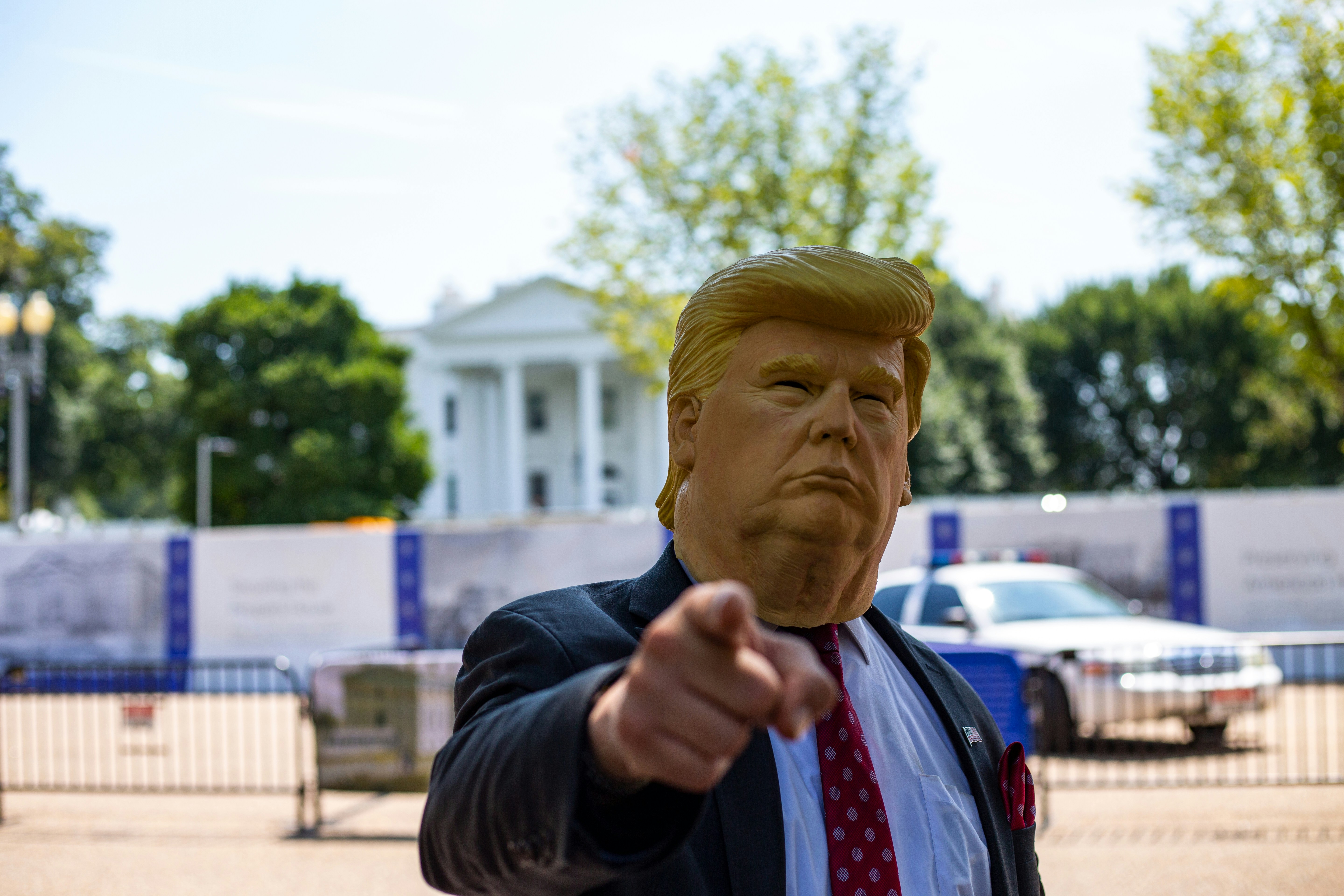Immigration Policy’s Unintended Impact: How Visa Threats Could Sideline Harvard Sports
Meta Description: Explore the potential ripple effects of stricter immigration policies on academic institutions like Harvard, including how visa threats could drastically alter the landscape of university sports teams.
Harvard University, a beacon of academic excellence and athletic prowess, attracts top talent from across the globe. Its sports teams, like many at elite institutions, are often fueled by an international roster of student-athletes who bring diverse skills and perspectives to the field, court, and track. However, shifts in U.S. immigration policy, particularly threats to certain visa categories, could have an unexpected and profound impact: potentially sidelining entire athletic programs.
The debate around immigration policies often focuses on economic and national security implications, but their reach extends far into sectors like higher education and, by extension, collegiate sports. For institutions like Harvard, which heavily rely on the global pool of talent, these policies aren’t abstract concepts but tangible threats to their operational models, including their athletic competitiveness.
The Critical Role of International Student-Athletes
Many of Harvard’s (and other NCAA Division I schools’) sports teams benefit significantly from international recruitment. Student-athletes from abroad often fill crucial roles, particularly in sports with less mainstream popularity in the U.S. or those where specialized international pipelines exist.
-
Diverse Talent Pool: International student-athletes bring unique training backgrounds, strategies, and competitive experiences that enrich teams.
-
Filling Roster Gaps: For sports that may not attract a large domestic talent pool, international recruits are essential for fielding full and competitive teams.
-
Elevating Competition: The presence of global talent pushes the overall skill level and competitiveness of collegiate sports.
Teams like crew, squash, fencing, hockey, and even soccer frequently feature a significant number of international students. Their presence isn’t just about winning; it’s about fostering a globally minded athletic department and enhancing the overall student experience.
How Visa Threats Could Disrupt Harvard Athletics
The concern for institutions like Harvard centers on policies that could restrict or complicate the entry and retention of international students on F-1 (student) or other relevant visas. Potential changes that could have a direct impact include:
-
Reduced Visa Approvals: A more restrictive visa approval process could lead to fewer international student-athletes being granted the necessary documentation to study and compete in the U.S.
-
Shorter Visa Durations: If visas are granted for shorter periods or require more frequent renewals, it could create uncertainty for multi-year athletic programs and deter prospective recruits.
-
Increased Scrutiny & Delays: Heightened vetting procedures could cause significant delays in visa processing, potentially preventing student-athletes from arriving in time for pre-season training or even the start of their academic year. This disruption can make it impossible for them to compete.
-
Uncertainty for Recruits: The instability created by fluctuating immigration policies can make the U.S. a less attractive destination for international student-athletes who have other options globally. Why commit to an American university if future visa status is uncertain?
The Potential Domino Effect on Sports Teams
If a substantial number of international student-athletes were unable to enroll or maintain their visa status, the consequences for Harvard’s athletic programs could be severe:
-
Roster Gaps: Teams with high international representation could find themselves unable to field full rosters, potentially leading to forfeits or even the inability to compete in a given season.
-
Loss of Competitive Edge: The absence of key international players would diminish team strength and competitiveness, impacting overall league standings and national rankings.
-
Financial Strain: Athletic departments invest significant resources in recruiting and supporting student-athletes. If these investments are undercut by visa issues, it creates financial inefficiencies and wasted resources.
-
Program Instability: Persistent difficulties in recruiting international talent could threaten the long-term viability of certain sports programs, potentially leading to difficult decisions about their future.
-
Impact on Diversity: Beyond just athletics, the broader university community would lose the unique cultural exchange and global perspectives that international students bring.
Looking Ahead: The Interplay of Policy and Education
The potential ramifications of immigration policy on collegiate sports at institutions like Harvard underscore a broader point: seemingly unrelated governmental decisions can have widespread, unforeseen consequences. For universities, safeguarding their ability to attract the best and brightest—athletically and academically—is paramount. As policy debates continue, the voices from higher education and athletic departments will undoubtedly highlight the importance of maintaining an open and accessible environment for international talent, crucial for sustaining the vibrancy and excellence of American academic and athletic institutions.
